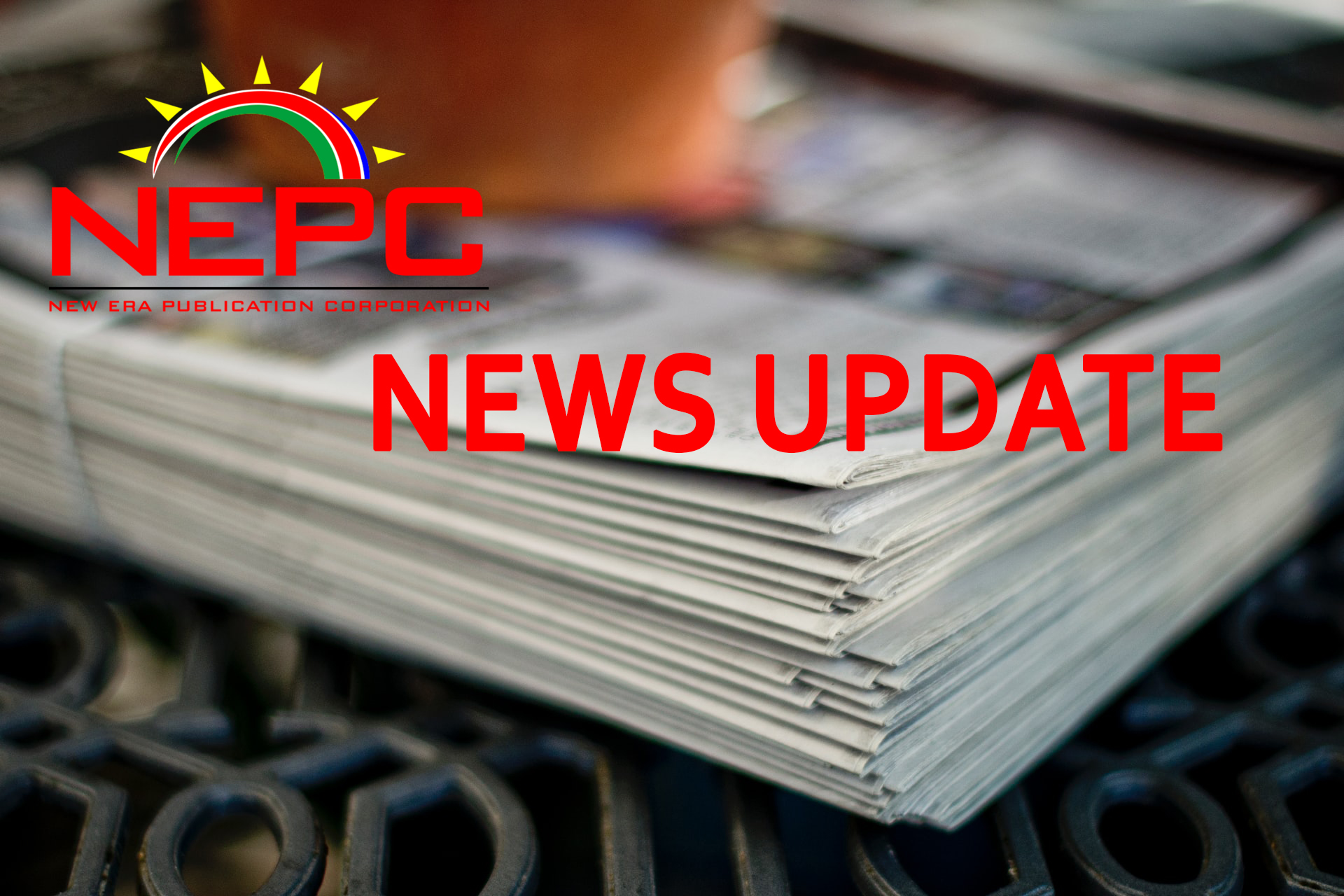In his documentary, ‘The Africans: A Triple Heritage, Programme 6: in Search of Stability’, Ali Mazrui (1986), the late renowned Kenyan academician and political analyst, likens Nigeria to an enormous political laboratory. This is because of the political challenges the country went through immediately after independence when trying to achieve stability, by holding elections and staging military coups.
The country experienced a civil war, in which millions of Nigerians perished. But despite all those attempts, the sense of stability remains elusive in this oil powerhouse of Africa. This picture may to some degree epitomise a similar situation in Namibia, without military coups. Since its crafting during the Berlin Conference of 1884-1885, Namibia (German South West Africa then) had to wrestle with the imposition of the Caprivi Zipfel five years later through an Anglo-German Treaty commonly known as the Heligoland Treaty of 1 July 1890. Despite the possibility of nullifying the treaty in 1914 at the defeat of German troops stationed at Schuckmansburg, in the then Caprivi, the situation has haunted the country up to date. The colonial governments of Germany and South Africa brought in oppressive and racist systems of rule, which forced the masses to revolt and eventually take up arms and engage in the liberation war.
Another contradiction was the blind merging of two different political parties, without any solid conditions. Then, the government-in-waiting flirted with communism and socialism, but somersaulted to capitalism immediately after independence. The country then became more interested in interests than in friendship or camaraderie. In the final analysis, Orwell’s prediction in Animal Farm and the dictum, “All animals are equal, but there are animals who are more equal than others,” became more realized, contrary to the tenets of the liberation struggle. This scenario led to an elite which enjoys most of the wealth of the country, leaving the poor people more vulnerable than ever, and left to fend for themselves. Corruption becomes more rampant, where buying condoms is more prioritised than buying books, computers, desks and other basic instruments for children in schools. The ruling clan then becomes so insensitive and forgets their mandate to the people who voted them into power.
In an attempt to seek political stability, the country has moved from one stage of elections to another. The ruling party, though it’s preaching about unity, is more divided along tribal factions than ever. The political centre can no longer hold, and yet the masses are made to believe that everything is fine in ‘the Land of the Brave. The mushrooming of small and ethnical political parties, which seem to be insignificant, is another area where the Namibian political kaleidoscope has ventured in search of political stability.
But this has worsened the political climate, in which politicians fail to agree on many national issues as most time is spent on counter-debates and deliberations. Instead of addressing challenges which are affecting the nation, politicians are always divided along ethnicity, something which is even common among the opposition political parties.
After 33 years of independence and nationhood, the country should have shown some signs of stability, both in politics and education. Unfortunately, there are few Namibian politicians who see through the future, and can commit themselves selflessly to improve the lives and educational standards of their people.
Of course, there are national development plans every after five years or so, but the fruition thereof is minimal. Education has also followed the same zig-zagging route. From colonial times, African education was inferior as compared to the one for Whites. At independence, the country embraced the Cambridge Certificate system, which was foreign to our background and social system. After testing it, it was finally found to be wanting, and we switched to the Namibianised system of education. It again failed the test, and the country geared towards the SADC type of education system.
On the educational front, the fruits of the system, among others, are high failures for final- year students. It is dangerous to make sensitive tests on human beings, as the results can be fatal and may remain everlasting. That is exactly where the country is leading to; perpetual declining educational standards, which will ultimately lead to lesser development in the country. The country had an 85% failure rate in last year’s Advanced Subsidiary examinations, of which a few will enter the doors of tertiary institutions. Of these, many are likely to be failing to enter their academic, narrow scholarly gate. But in the process, other nations surrounding us will be making inroads in education, as they develop their countries. The government should have done its homework and come up with prioritie,s of which education should be one of them. Yes, in the national budget, education gobbles about 25% of the money, but most of it is used for salaries. But the buying of books and other school materials should take centre-stage, without fail.
The country is left with seven years to achieve Vision 2030, whereas many school- going children attend schools which are ill-equipped and with under-qualified teachers.
Many teachers are not computer-literate, and learners in the rural areas have no idea what a computer looks like. Yet, both the political and educational systems are still tested in the laboratory. It is true that education should not be static, but the reforms should be in line with a developmental tempo.


